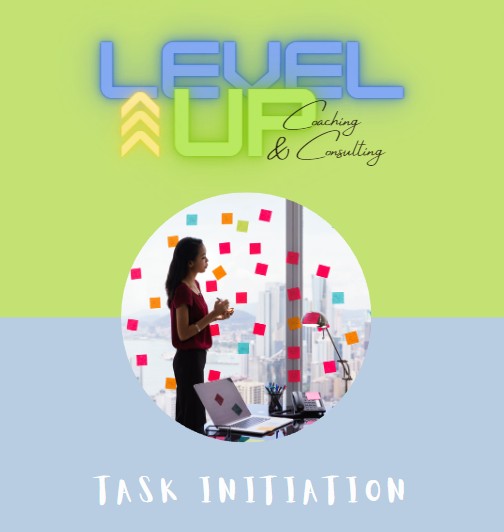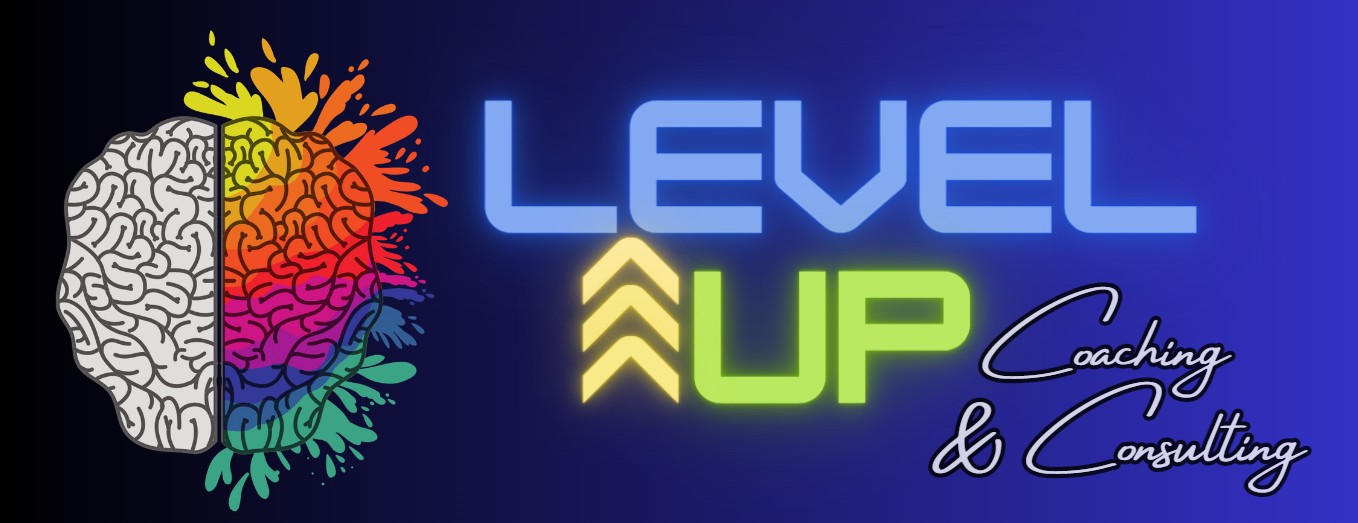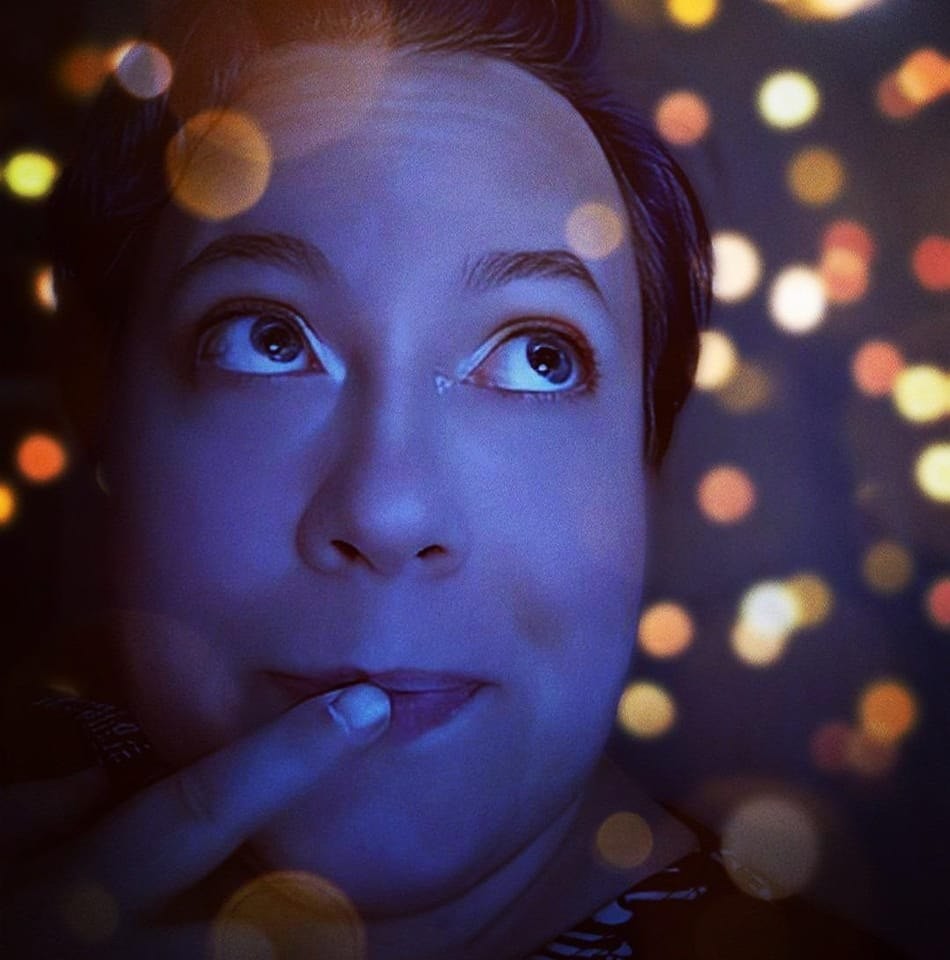Alright – so today we’ve got the honor of introducing you to Noelle Daoire. We think you’ll enjoy our conversation, we’ve shared it below.
Noelle, appreciate you joining us today. We’d love to hear the backstory of how you established your own practice.
I think starting my own practice is both one of the scariest and most rewarding things I’ve ever done.
Scary, in the sense that I knew next to nothing about starting and running a business, and had zero money to put into it – so I had to be very resourceful, and learned to do as much as I could on on my own.
Rewarding, because now, about a year later, I’m really reaping the rewards of all that hard work – and I’m doubly proud of what I’ve accomplished, because I did so much of it on my own.


Noelle, before we move on to more of these sorts of questions, can you take some time to bring our readers up to speed on you and what you do?
My journey has been a long and winding one. I definitely wouldn’t have guessed, 10 years ago, that I’d be where I am right now!
My LinkedIn starts with, “I knew I wanted to be a writer ever since I discovered that wallets were not, in fact, magical money dispensers, and I would eventually have to work for my Wonder Bread.” So, writing is where I began. I graduated from Truman in 2011 with a BFA in Creative Writing – the very first to graduate from Truman with that degree, actually, as it was a brand new program, and I just happened to be right in time for it. Not an important distinction, but a fun one!
Unfortunately, writing is not a quick and easy field to break into (or at least, it wasn’t at the time). After several failed interviews, I started as a freelance writer and editor on Elance – now, it’s called Upwork. It took time, but I actually did fairly well, and I maintain my profile there so I’ll always have a backup! I actually still have two clients, now, who I originally met through Upwork.
I worked for a local attorney for awhile, and then as a writing tutor at an online university. Eventually, though, I needed to make more, and I needed to feel like I was doing something more worthwhile. I went back to school and got my masters in mental health counseling, which involved SO much personal growth as well. I initially focused on treating OCD and anxiety – because I had both, and I think most counselors end up working with the things they struggled with, or someone they know struggles with. And I absolutely love working with OCD and anxiety, it’s actually very fun for me!
But again I hit a road block. In my last semester of grad school, I was diagnosed with ADHD. And as soon as I graduated, and the inherent structure of school fell away, I really struggled. When I was diagnosed with ADHD – and I think this is a very common experience for people who are diagnosed as adults – it was kind of like, “here’s some medication, see you later!” And while medication really did make a difference, it wasn’t enough. Now, I like to explain it to clients – ADHD medication gives your brain the fuel it needs to function, but you still have to learn how to drive the car. Us ‘neurospicy’ folks, we have very powerful brains – Dr. Hallowell, one of the most prominent names in ADHD, says ADHD is like having a Ferrari brain, with bicycle brakes. And it’s really a great analogy, when you understand the neurology of ADHD.
Anyway, I noticed that medication wasn’t enough, but there really wasn’t much out there for people who were diagnosed with ADHD as adults. When I started doing the research – initially, just trying to help myself – I became absolutely fascinated with the neurology of ADHD, and all the ways that we can work with neurodivergence rather than against it to succeed. So, I did some training, switched my practice to ADHD coaching, and after a couple years, branched out on my own.
Now, I work with mostly adult clients struggling with things like communication, frequent arguments or misunderstandings, missing deadlines due to procrastination, overwhelm, organization and planning challenges, and just feeling stuck in life or career, knowing they’re capable of more but can’t figure out how to get there.
We map out their goals, get clear on the ‘why’ of those goals, and start experimenting with and implementing different skills, strategies, and tools to get them there.
As a queer, disabled person, I also feel like it’s important that other practitioners are prepared to work with people like me, because often, they’re not. We’re not taught much, if anything, about ADHD in counseling programs – it’s something you really have to pursue on your own. So I provide consultation on ADHD, as well as serving LGBTQ+ clients, and clients in non-traditional relationships, because if you’re not in them yourself, you’re going to find it challenging to help someone, and may even cause unintentional harm, just because you don’t know enough.
I mostly work with individuals, but I am working on a group program and some workshops I’m excited about. And I work on a sliding scale, because it’s important to me that these services are accessible.


Can you tell us about what’s worked well for you in terms of growing your clientele?
Growing my clientele has been almost entirely an organic process, as I’ve never had the money to invest in paid advertising. There are a few different components that have been effective. First, is networking in Facebook groups. The key here is not to sell yourself or your services – instead, answering peoples’ questions, providing resources, and generally just providing value. Second has been word of mouth. Because I work only with people who are a good fit for me, my clients tend to really love me, and I get probably 30% of my new clients from their referrals. Finally, working on SEO for my website has been very helpful. Because content writing and SEO is my side gig, I know how to do it myself, but if you don’t know how, and/or don’t have the time or interest to learn, this is one of the most valuable things you can do for your business.
Can you tell us about a time you’ve had to pivot?
I have to pivot in some direction on a regular basis. Anywhere from 6-12 months. I have ADHD, so when I lose interest or passion for something – which happens quickly and easily – I have to find something new to do. Often, this is just finding a new angle, a new coaching technique to implement, that sort of thing. Career-wise, I’ve gone from writing, to tutoring, to counseling, to coaching, back to writing, with some crafting for fairs and shows on the side. It keeps life interesting, but it’s definitely not easy.
Contact Info:
- Website: https://www.level-upcoach.com/
- Facebook: https://www.facebook.com/LevelUpCoachNoelle
- Linkedin: https://www.linkedin.com/in/noelle-daoire
- Twitter: https://twitter.com/NoellehasADHD


